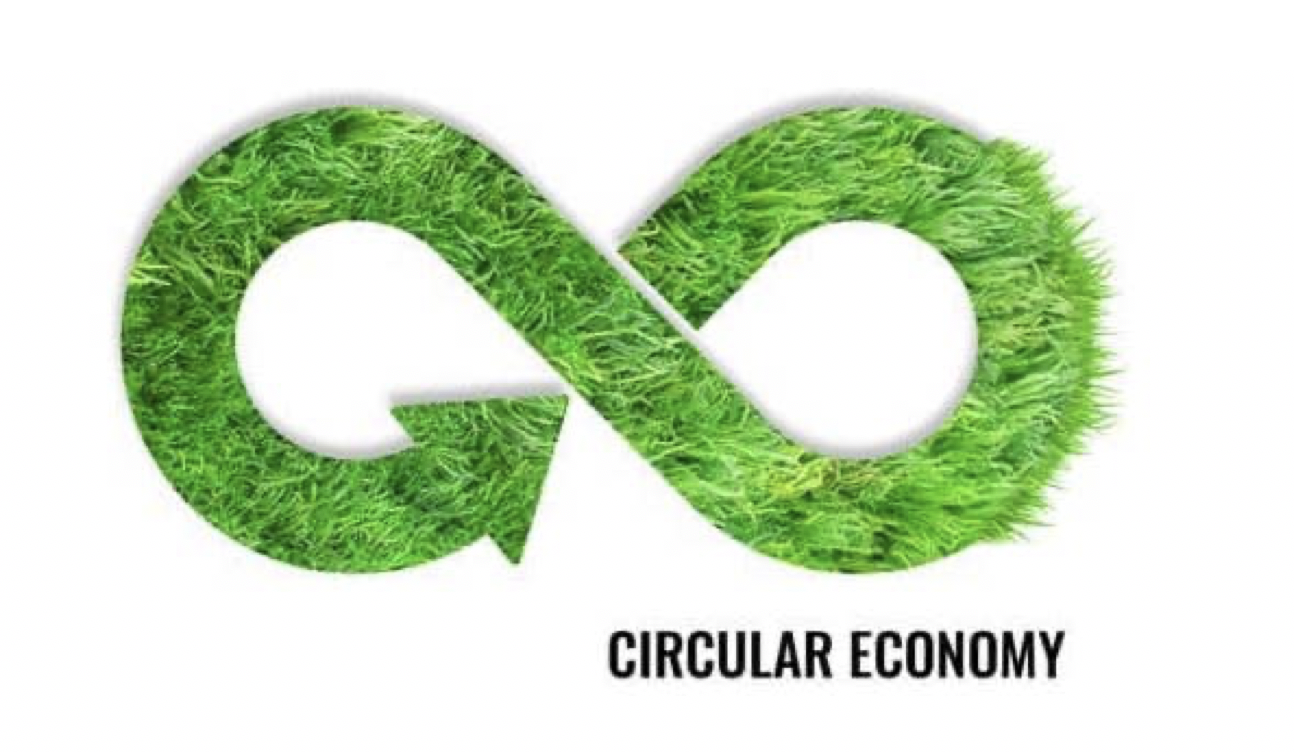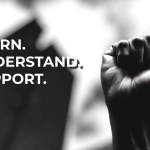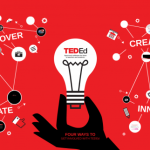
Return your recyclable waste and earn money with Imagined Earth
Globally we are producing over 300 million tons of plastic every year, 50% of which is for single-use. Which means that it is used once at then disposed of…
To address the challenges we face, both from an environmental and economic standpoint, we need to explore circular thinking and the circular economy at a far deeper level. Linear thinking and thinking in silos ignores the interconnectivity of our supply chains.
The origins of the circular economy can be traced back to 1976 and a research report that was submitted to the European Commission on “The Potential for Substituting Manpower for Energy”, where Walter Stahel and Genevieve Reday sketched the vision of an economy in loops.
Ellen Mac Arthur, a leader in this space, describes this economic framework in the following way “A circular economy is based on the principles of designing out waste and pollution, keeping products and materials in use, and regenerating natural systems.”
So, how can we shift our thinking when it comes to packaging waste and unlock the economic value that is associated to it?
When zoning in on South Africa, we are drawn the work Imagined Earth is doing. They are combing Reverse Vending Machines (RMVs) with a mobile wallet through their mobile app. It is a business that along with their partners is seeking to change this narrative. Showcasing how your packaging waste has economic value that you can benefit from.
“We are living in an era of convenience and circular thinking. Imagined Earth, in partnership with business, provides a highly effective recovery tool that empowers people to live sustainably in these modern times,” says Justin Needham of Imagined Earth.
RVMs allow shoppers and recyclers to “return and earn”.
Utilising advanced recognition technology to identify the waste being deposited, these RVMs are programmed to accept commonly used, recyclable products, independent of where these products have been purchased. The team at Imagined Earth were recently featured on CGTN Africa where they discussed their offering and partnership with one of the country’s leading retailers, Pick n Pay.
Watch the interview below.
The SA Plastic Pact has been set up, in line with the Ellen MacArthur Foundation’s New Plastics Economy vision to help drive this change.
- Taking action on problematic or unnecessary plastic packaging through redesign, innovation or alternative (re-use) delivery models
- 100% of plastic packaging to be reusable, recyclable or compostable*
- 70% of plastic packaging effectively recycled
- 30% average recycled content across all plastic packaging
In September, the SA Plastics Pact launched a Roadmap to 2025. It contains ambitious targets and to achieve many of them we will need collaboration between small and big business.
The roadmap aims to inspire and mobilise members and supporters to act, and to galvanise wider action by national government departments, city authorities, NGOs, funders, packaging/product designers, brand owners, retailers and others who are not members of the SA Plastics Pact but have a crucial role to play.
Staying with the circular economy, one of the driving forces behind the movement on the global stage is the Ellen MacArthur Foundation. Today they launched “The Jeans Redesign” initiative that is seeking to redesign the way we think about fashion.
The Ellen MacArthur Foundation’s 2017 report ‘A New Textiles Economy: Redesigning fashions future’ found that a truckload of garments goes to landfill or incineration, globally, every single second. The fashion industry follows a take-make-waste formula – we take from the earth, make a product and when we’re done with it, we throw it away. The fashion industry cannot continue in this way – it’s wasteful and polluting.
Transforming fashion towards a circular economy requires new ways to create and make clothes and the Jeans Redesign is just the starting point. Guidelines set out by over 80 denim experts, ensure that jeans are used for longer, can be easily recycled, and are made in a way that is better for the environment and the health of garment workers. The Jeans Redesign is creating solutions for a world where clothes never become waste. Over 60 participants including Gap, H&M, Tommy Hilfiger, Wrangler and Lee, along with manufacturers, fabric mills and recyclers are using our Jeans Redesign guidelines to produce circular jeans by Spring 2021.
The world is far more interconnected than we realise. So, here’s how you can start your recycling journey Imagined Earth and start earning money for making sustainable decisions.
- Head over to the Imagined Earth Website (www.ImaginedEarth.com)
- Download the app from your favourite app store (IOS and Google Play)
- Use the app to search RVM locations near you
- Visit your closest location
- Take a pic of recycling experience and tag Imagined Earth (@imaginedearth) on your favourite social media platform
- Make recycling a habit and get rewarded for it.
Read more about Imagined Earth these other blogs that were featured on CN&CO.







Leave a Reply